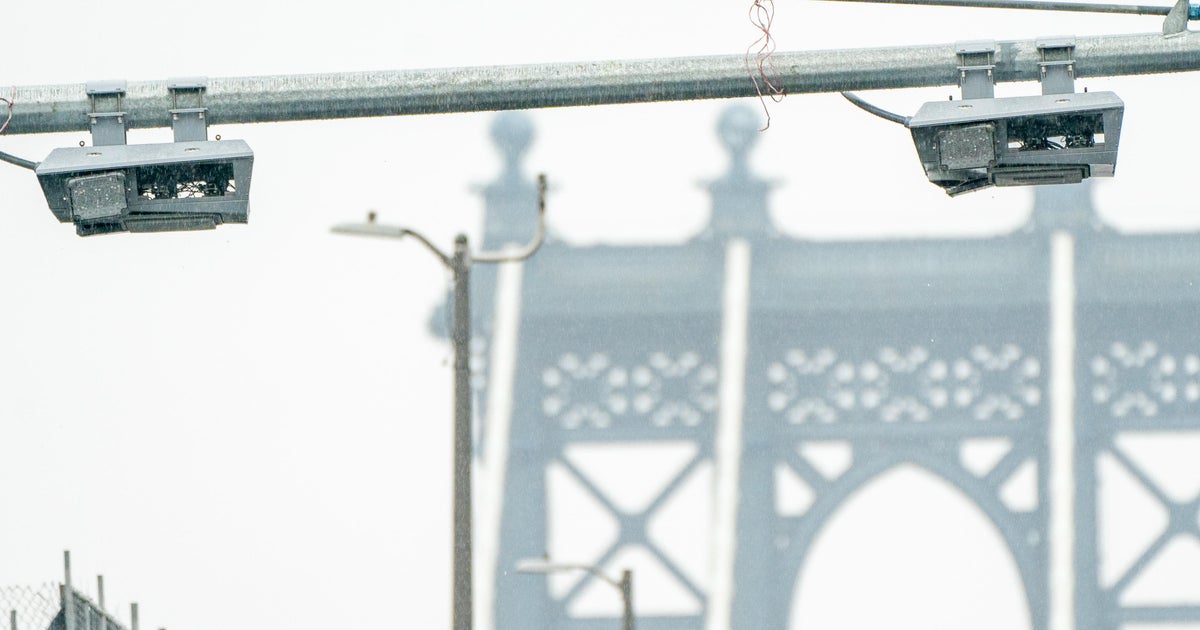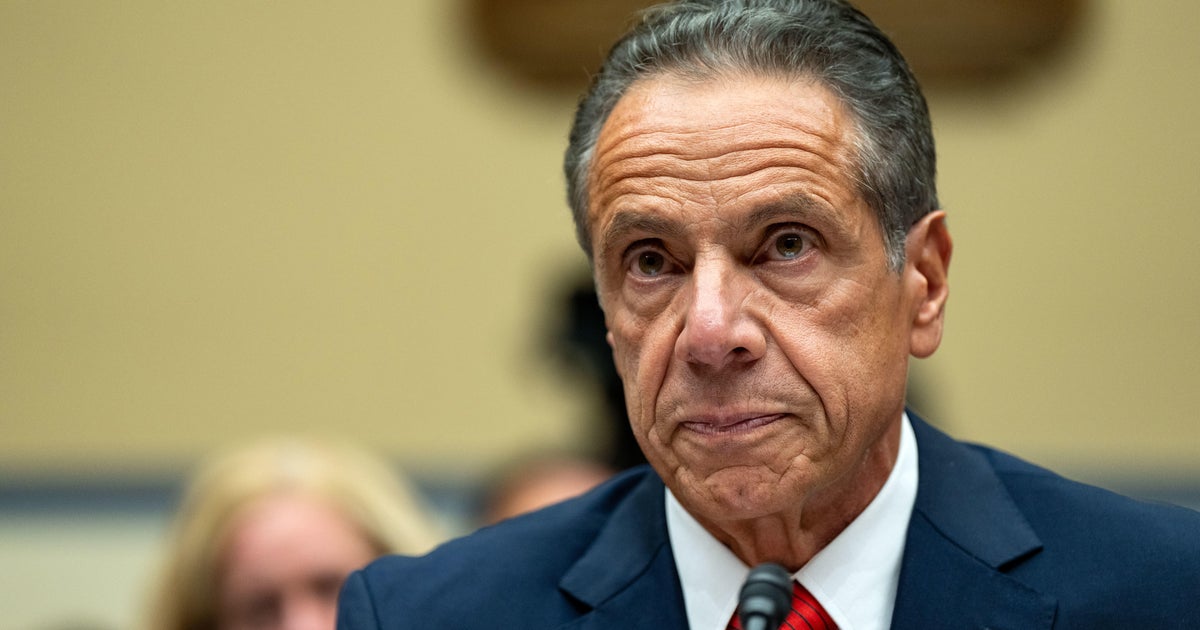New Yorkers worry "City of Yes" will bring too much development to unequipped neighborhoods
NEW YORK — Tuesday was the second day of public hearings on Mayor Eric Adams' "City of Yes" housing proposal. If approved it would update zoning laws to allow buildings to be built with 20% more space for affordable housing.
The mayor claims his plan could create more than 100,000 new homes over the next 15 years and would modernize rules that prevent spaces like underused offices from being converted to housing.
"We have a housing crisis. So we need a solution, and this is a great solution," Adams said.
Day 2 of public hearing on "City of Yes" in NYC
Local groups and citizens shared their opinions at a public hearing.
"I am in support of the City of Yes with conditions ... We need to ensure that our infrastructure keeps up with the increased density," one person said.
"Folks are rightly concerned it will not produce affordable housing in their neighborhood," another person said.
"I implore you to oppose this plan unless it treats all New Yorkers equally by removing this unjustifiable arts fund fee," another person said.
"We strongly support the City of Yes ... The City of Yes contains initiatives that would be instrumental in generating housing while assisting faith-based organizations," another person said.
"We have got to remove the barriers put in place in our 1961 zoning code. We need the 100,000 units that a more modern zoning code would unlock," one person said.
Critics argue zoning changes would mainly benefit real estate developers and rezone too many single-family neighborhoods in the outer boroughs.
"Will create market rate and luxury housing, while incentivizing demolition of historic neighborhoods and replacement of existing affordable and rent-regulated housing," one person said.
They also believe the mayor's plan could lead to deeper issues, like displacement, especially in marginalized communities.
"Will it increase or decrease economic and racial segregation in our town?" one person asked.
While some acknowledge the plan has flaws, they insist something must be done to address the city's vacancy rate, which is the lowest it's been since 1968.
"The vacancy rate in the City of New York for housing was 1.4 percent ... and for low-income people, that percent is below 1 percent, it's effectively zero," said Michelle de la Uz, executive director of Fifth Avenue Committee.
Opponents call plan "City of Mess" at protest outside City Hall
Outside the hearing, opponents protested, calling the plan a "City of Mess."
"Anytime you call 'affordable' a $3,000 studio, then what are we really doing here?" said Bertha Lewis, president of the Black Institute.
"It's not affordable, especially for seniors," one protester said.
"The city, it's empty promises and there's a lot of loopholes in there," another protester said.
Crown Heights resident Alex Mazza loves living in New York City but says rising rents may leave him no choice but to move.
"My wife and I, we want to start a family and we're worried about being forced out of the city," he said.
Changes to NYC zoning laws under "City of Yes" proposal
Under the Adams administration's "City of Yes" proposal, low-density neighborhoods may soon see more residents.
"That zoning code embodied choices made by policymakers and, in many instances, also memorialized ... the type of exclusionary zoning that prevented certain families and people from living in certain neighborhoods," First Deputy Mayor Maria Torres-Springer said.
If approved by the City Council, "City of Yes" would encourage developers to build five-story apartment buildings near transit stops in low-density neighborhoods and legalize housing above retail spaces in these areas.
"It takes a lot of the agency away from local community members to determine the fate of their own community and puts that fate in the hands of developers to make a neighborhood like this more dense," City Councilman Eric Dinowitz said.
"One of the concerns that we hear from people in the more low-density neighborhoods is that they feel their neighborhood isn't equipped to handle new development. What do you say to those concerns?" CBS News New York's Ali Bauman asked Torres-Springer.
"I'd say that we have crafted a proposal that will not result in dramatic change in any particular neighborhood but the total effect, the cumulative effect will be very impactful in terms of moving the needle on our housing crisis," Torres-Springer said.
"City of Yes" would also allow homeowners to convert a garage or basement into an in-law suite or rental unit. That's important to Queens Borough President Donovan Richards after 11 Queens residents drowned in basement units during Hurricane Ida.
"This plan would largely help you to bring those basements into compliance," Richards said.
Hunter College urban policy professor Nicholas Bloom believes "City of Yes" could boost the economy in the city's residential areas.
"What people are going to find is that their property values are going to go up ... A more dynamic neighborhood is one that improves property values, right? Because people are like, oh, this is a great shopping district. And I think that is a net positive," he said.
Riverdale resident Johanna Edmondson, who has watched her neighborhood change over the past 20 years, is not yet convinced.
"You see more buildings coming up, and that has been a little bit of a problem because I don't think actually we have the infrastructure in this community to have this many buildings," she said. "More people, more business, yes, that'd be a wonderful thing, however I think it's just way too much."
The Adams administration is trying to get New Yorkers like her to say yes to the "City of Yes" before the council's forthcoming vote.




